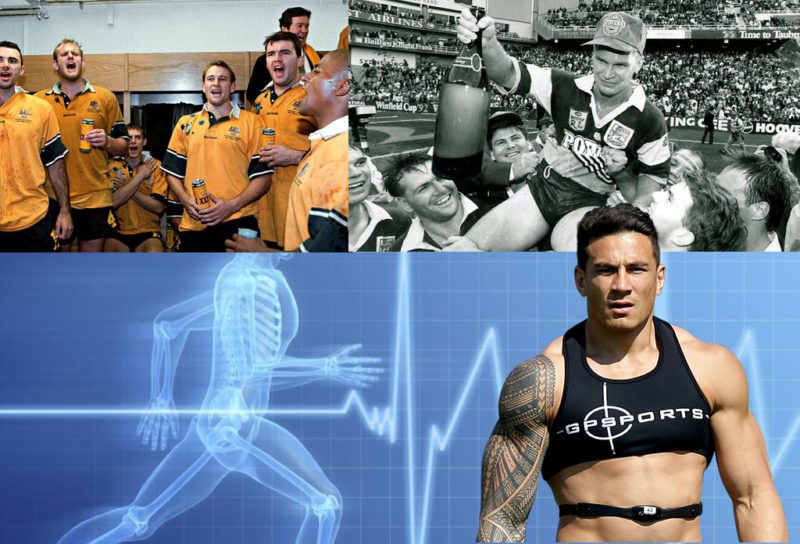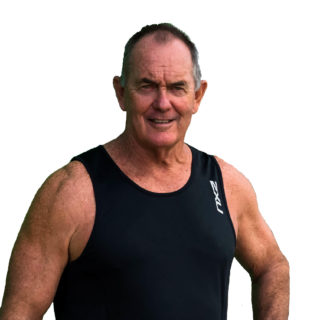026 – Steve Nance – The Evolution of Performance
Director of Elite Sporting Performance

The world of professional sport has changed at lightening speed over the past few decades. From an era in which players at the highest level were expected to crack open a beer straight after the match – through to the scientifically crafted players of today.

From the joy of winning premierships with the Brisbane Broncos and a World Cup with the Wallabies to the heart thumping pressure of avoiding relegation with Fulham in the EPL – Steve Nance has been a major player in the incredible evolution of athletic performance.
He’s been a performance director in the NRL, International & Super rugby, the English Premier League and a host of other professional sporting outfits.
He’s worked with some of the most legendary coaches and players across multiple sports.
He’s been part of teams that have performed well beyond expectations and he’s seen teams rip themselves apart with poor attitude and inept leadership.
If you’re a fan of any sport or if you’re interested in revolutionary changes in thinking and the art of enhancing performance, you’re going to love this episode of the Team Guru Podcast.
Lessons Learned
Here’s what I took from the episode:
The Science of Performance
Sports science has affected the biggest change in the performance of professional sportsman in Steve’s time – from 1990 to today
He started in an era in which players were expected to come from the field and drink a beer – to be seen drinking the sponsor’s product. They had no nutrition fluid intake, no active recover, no ice-baths etc
That has progressed to the point where today we are virtually watching cyborgs run around in football jerseys
One of the consequences of performance being improved so significantly from science – strengths and conditioning, nutrition etc – is that a huge gap has opened between players who train fulltime and those who are part-time club players. If a player is not picked up by ‘the system’ at 16 or 17 years of age, and given the chance to train fulltime, there is very little chance of ever playing professional sport
Gone are the days where a late-blooming club rugby player might make his state debut at 27 or 28.
‘It doesn’t happen anymore’
‘If you don’t make (for example) the Reds academy at under 16 or 17, or Queensland schoolboys, it’s very difficult to ‘crack it’ as an 18, 19 or 20 year-old.’
John Roe in 1999 was the last person to emerge as a ‘late-bloomer’ – someone not part of ‘the system’ – and play international rugby
Leadership
Through Steve’s journey he has learned these lessons about leadership:
- If you don’t have a strong leader, a leader that is respected, it’s very difficult for a team to perform
- Don’t dwell on what has gone wrong, focus on what can be done to improve
- Become your own leader, don’t try to copy someone else’s style
- No matter where you are in your career be determined to improve – to become a better version of yourself and the way you perform
Money Doesn’t = Performance
Steve’s 3 year experience in the English Premier League – Performance Director Fulham Football Club 2005-8 – left him with the opinion that money in a club or a sport does not always equal high performance
In his time at the club there were three coaches hired and sacked. He found each of them to be unprepared and unplanned in the way they approached training
‘They used to fly by the seat of their pants’
Elite Private Schools
Steve’s career has been bookended by working with elite private schools.
Ipswich Grammar (1983–94) & Brisbane Boys’ College (current)
The strength and conditioning facilities at BBC are so impressive that they are used by some professional sporting organisations
The training of the students is supported by the latest in performance data
The coaches at the school are extremely professional. Most of them have impressive playing careers at state or international level on their CV
‘It’s like a Super 15 team’
Share this:





